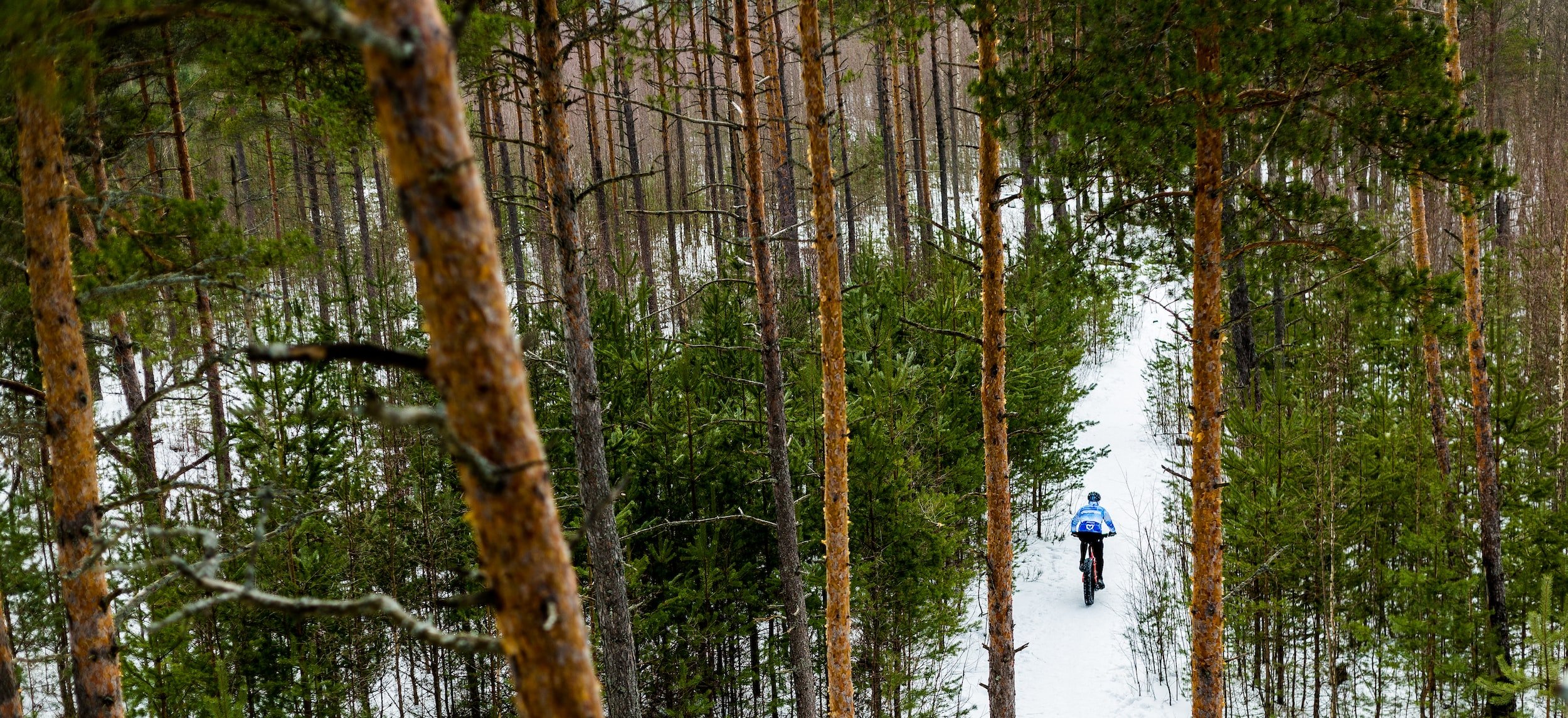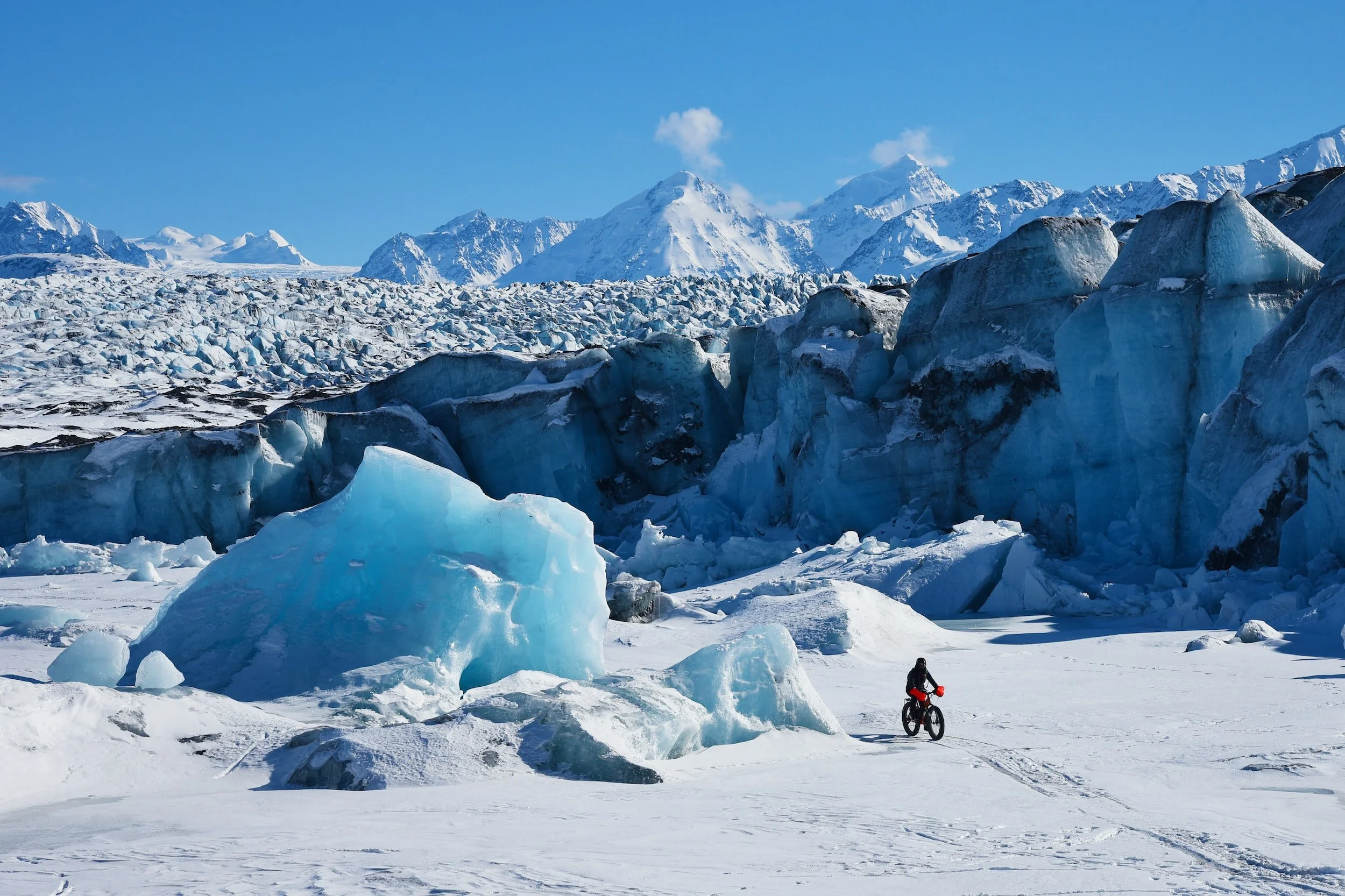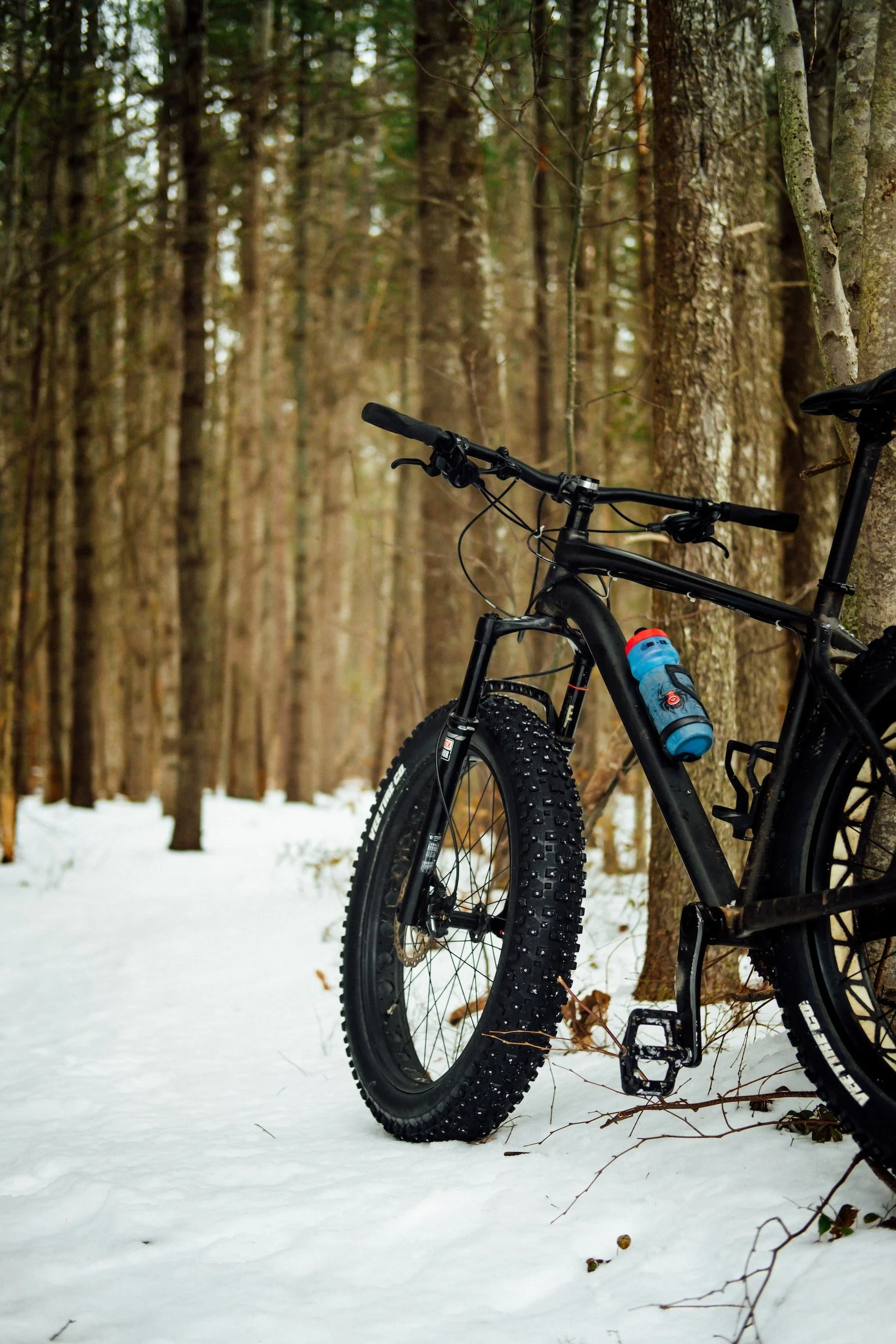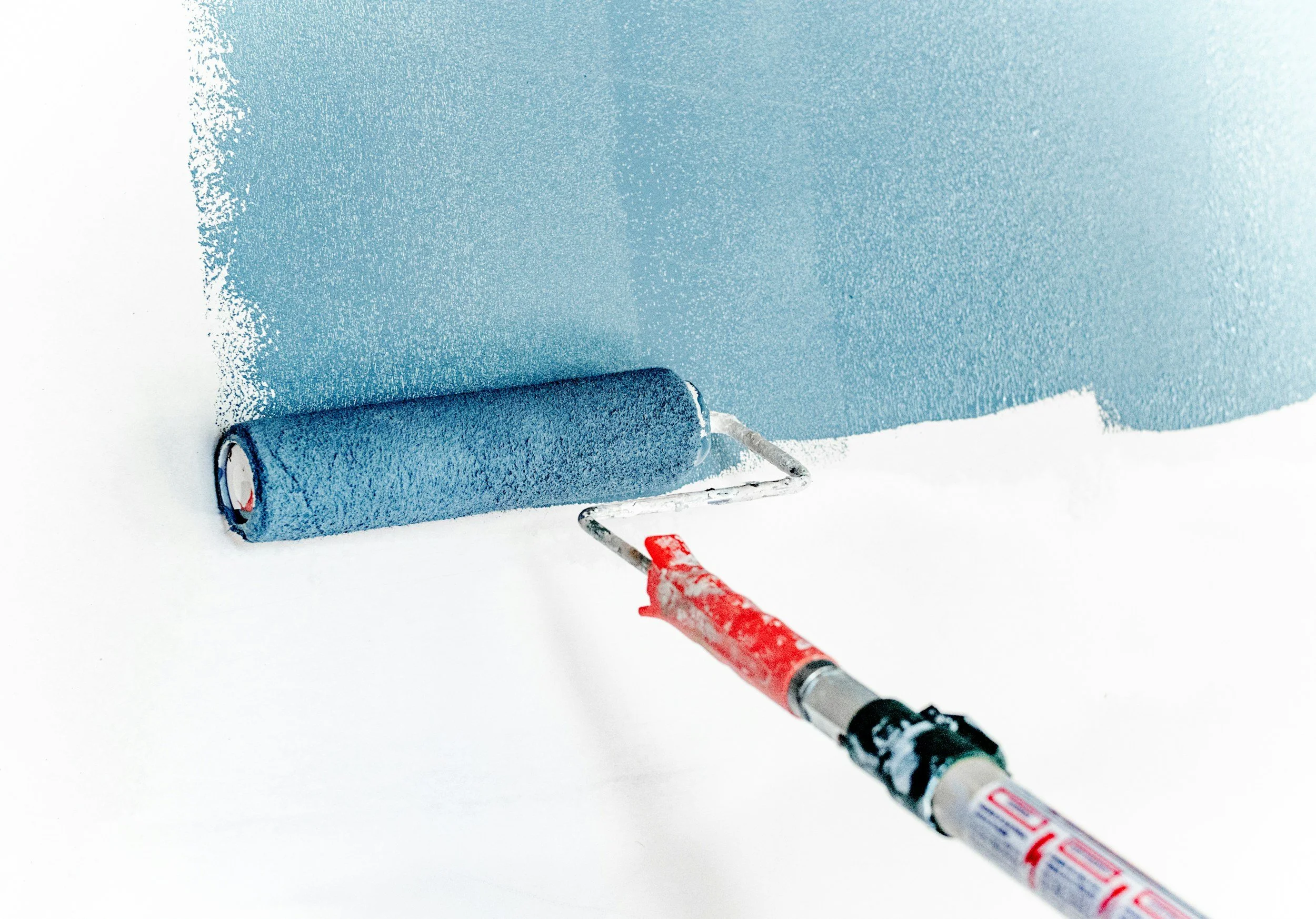Winter Biking 101: How To Ride On Snow
By PAGE Editor
The snow is coming, so it's time to get your bike ready for winter. Riding a bike in the snow in the cold might seem tricky, but with a few adjustments, you'll be hitting the trails like a pro. Here's everything you need to know about winter biking 101.
How to Outfit Your Bike for Winter
Now that you know the basics, it's time to prepare your bike for winter. The most important thing is to outfit your bike with the proper tires. You can find tires designed specifically for winter riding, providing better traction and grip on snowy and icy surfaces. In addition, you'll want to outfit your bike with fenders and a rack to keep you and all your belongings nice and dry. Make sure to pack a bicycle pump, multi-tool, patch kit, and spare tube in case of any flats or mechanical problems. With the proper preparations, riding a bike in the snow can be a fun and safe way to get around during the colder months.
Setting Up Your Tires for Winter Conditions
When you're getting your bike ready for the winter, the most important thing to take care of is your tires. In winter weather, you'll want to switch to a tire that's made for icy conditions.
When choosing a winter tire, it would help to look for a few things. First, it should have a deep tread to grip the snow and ice. Second, the tire should be made from rubber resistant to cold weather, so it won't get brittle and crack in the cold.
Once you've got your tires set up, you can do a few other things to make your ride safer in the snow. One is to adjust your braking technique. When you're braking on snow or ice, always apply pressure gradually. You want to avoid slamming the brakes because that will only lead to skidding and losing control.
Another thing to keep in mind is your weight distribution. Try to keep more of your weight over the rear wheel when you're riding on snow. That will help you maintain traction and stability while riding a bike in the snow.
Pre-Ride Maintenance and Preparation
You've done your research, know what gear you need, and you're pumped to ride out there. But before you go, you should do a few things to ensure your bike is in tip-top shape for winter riding.
First, give your bike a good once-over. Check the brakes and tires to ensure they're in good condition and inflated. Lower the tire pressure a bit to give yourself more traction on snow and ice.
Next, it's time to lube up. In cold weather, it's essential to use a thicker oil on the chain to prevent it from freezing up. You should also apply some lube to the derailleurs, brake levers, and other moving parts susceptible to freezing.
And finally, before you head out, make sure you know the route you're taking and that it's clear of any obstacles that could be dangerous in winter conditions. Once you're out on the road, take things slowly and pay attention to the surface beneath you.
Essential Tips for Riding on Snow and Ice
Here are five tips to get you started on riding your bike on snow and ice:
1- Get a fat bike: A fat bike has wider tires, which gives you more surface area to grip the snow.
2- Lower your tire pressure: This will also help you grip the snow better. Don't go too low, or you risk getting a flat tire.
3- Dress in layers: You want to be warm, but not too warm since you'll exert yourself. And make sure your layers are breathable, so you don't get too sweaty.
4- Remember your gloves, hat, and sunglasses: Sun glare off the snow can be blinding, so make sure you have sunglasses or goggles.
5- Use studded tires: If you want to be safe, invest in studded tires. They grip the ice better than any other type of tire.
Conclusion
So, how do you bike in the snow and ice? By following these tips, you'll be able to stay safe while you're enjoying the winter weather. You might have to make a few small changes to your biking routine, but it's worth it to be able to ride all winter long.
HOW DO YOU FEEL ABOUT FASHION?
COMMENT OR TAKE OUR PAGE READER SURVEY
Featured











Tap to read…